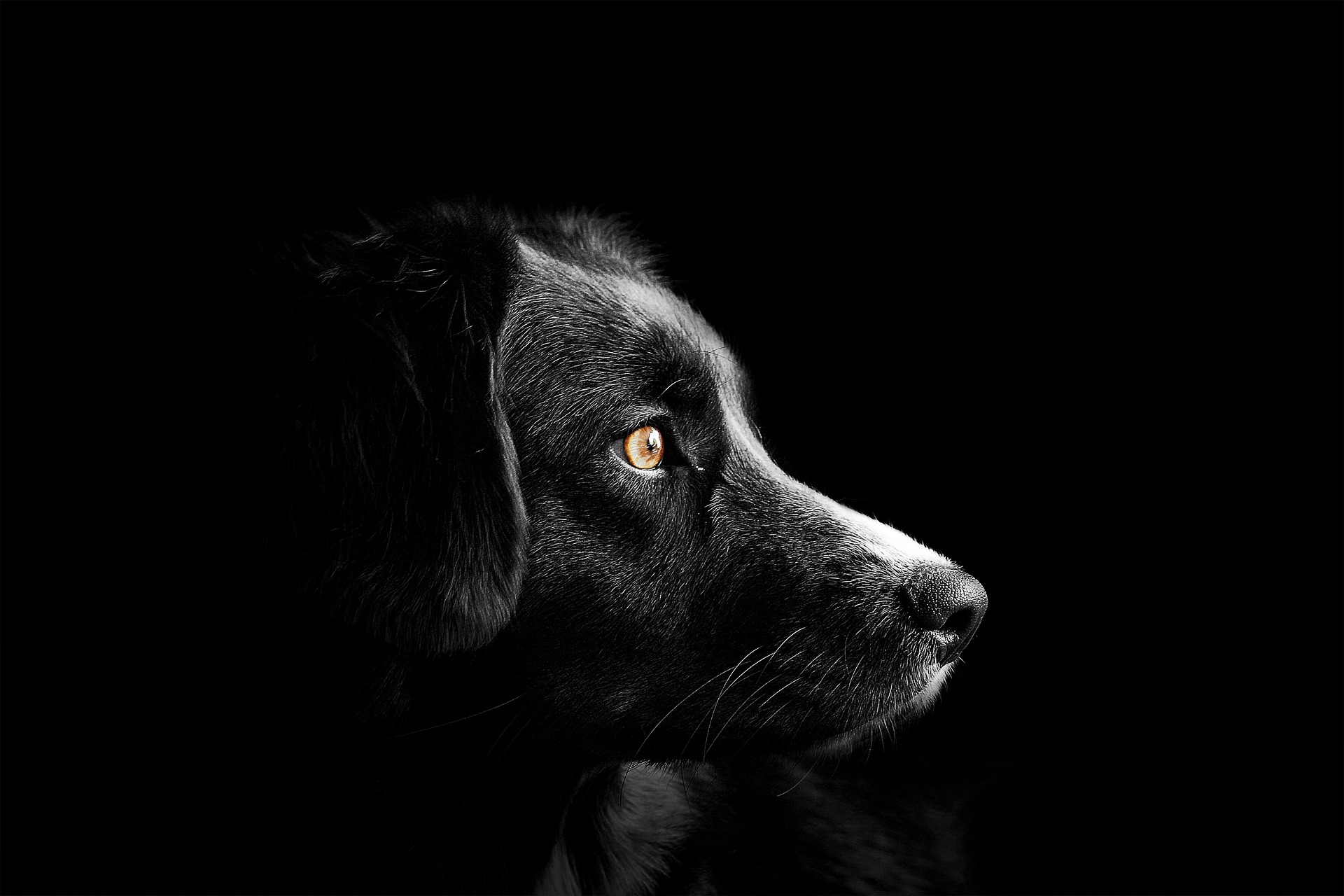
Depression is not only seen in humans but can also affect our furry friends, dogs. Just like humans, dogs have emotions and can experience feelings of sadness and depression. As pet owners, it is our responsibility to recognize the signs of depression in dogs so that we can provide them with the necessary care and support. Here are some common signs to look out for:
If your dog once loved going for walks, playing fetch, or engaging in other activities that they now seem disinterested in, it could be a sign of depression. Dogs may lose their enthusiasm for activities they once enjoyed when they are feeling down.
Depression can often cause changes in a dog's appetite. They may start eating less or lose interest in food altogether. On the other hand, some dogs may eat more than usual as a way to cope with their emotions. Monitor your dog's eating habits and consult with a veterinarian if you notice any significant changes.
If your dog is spending an excessive amount of time sleeping or appears lethargic and lacking energy, it could be a sign of depression. While it is normal for dogs to nap throughout the day, a significant increase in sleep could indicate that something is not right.
If your once social and outgoing dog starts withdrawing from social interactions with other dogs or family members, it may be a sign of depression. Dogs often seek comfort and companionship, but when they are feeling down, they may prefer to isolate themselves. They may avoid contact and become less responsive to affection.
Depression can manifest in various behavioral changes in dogs. They may become more irritable, aggressive, or exhibit destructive behavior such as excessive chewing or digging. These behaviors can be a result of their emotional distress and can indicate underlying depression.
Dogs are known to be clean animals and often groom themselves. However, when they are depressed, they may neglect their grooming habits. Their coat may become dull, unkempt, and matted as a result of decreased self-care.
If your dog starts excessively whining, barking, or howling without any apparent reason, it could be a sign of depression. Dogs may use vocalization as a way to express their emotional distress or seek attention and comfort.
Depressed dogs may avoid eye contact with their owners or other humans. Eye contact is often a sign of connection and trust between dogs and their humans. When they are feeling down, they may withdraw from this form of social bonding.
It is important to note that while these signs can be indicative of depression in dogs, they can also be caused by other underlying health issues. If you notice any of these signs in your dog, it is best to consult with a veterinarian to rule out any physical causes and discuss possible treatment options.
Remember, dogs rely on us for their well-being, and recognizing their emotional struggles is crucial for providing the love, care, and support they need during tough times.